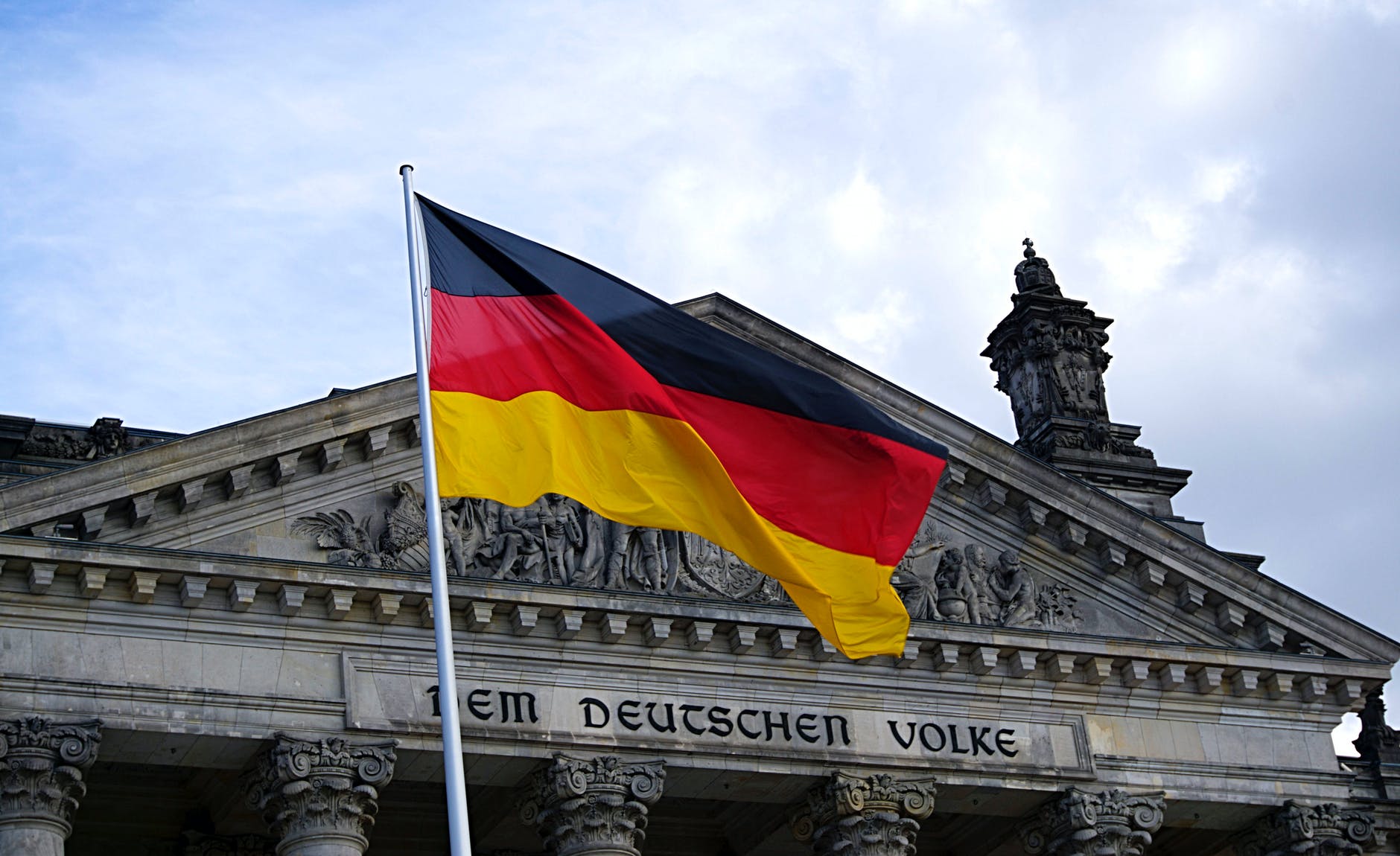
Germany is gradually reopening its economy while much of western Europe is trying to curb the spread of the coronavirus.
Germany seemed to be handling the coronavirus outbreak relatively smoothly. The country is holding widespread testing and contact tracing. These efforts helped keep its death rate far lower than its peers.
Now, how is Germany reopening its economy without risking another surge of coronavirus cases?
Smaller retailers of under 800 square meters reopen on Monday. Larger car dealerships, bike shops, and book shops also resumed operations. The government allows these businesses to continue running as long as they observe hygiene and social distancing measures.
Car group VW opened its major manufacturing plants in Germany, in the city of Zwickau, on Monday. More plants will follow next week.
On May 4, the schools will reopen, and the students taking exams will be prioritized.
Meanwhile, big public gatherings will not be able to push through until August 31. Cinemas, restaurants, and large retail stores are still close.
"Greater preparedness"
When it comes to reopening the economy, “Germany is in a better position because of more testing and contact data," Bill Blain, a strategist for investment firm Shard Capital, told CNBC.
"In the continuing absence of good data, the U.K. would be wise to watch carefully what Germany does,” he added.
The decision of Germany on allowing some sectors to resume operations could give other European economies an insight into how consumers will behave, and consequently how the economy will fare.
“One of the questions is going to be, if you’ve been sat at home during lockdown you’re effectively forced to save money ... so are people going to rush out and spend as soon as the shackles of lockdown are partially lifted?,” Paul Donovan, chief economist at UBS Global Wealth Management, said on CNBC’s Squawk Box Europe Monday.
“When we look at things like the Google location data and the anecdotal evidence from Germany, that’s going to be a very useful indication.”
Donovan noted that any second surge of the coronavirus will come with a “greater preparedness.”
“So the healthcare systems will be better able to deal with the strain and people will also generally be better prepared, and companies too ...so the economic damage of further waves of the virus is diminished,” he said.
He emphasized that subsequent lockdowns would roll out on a smaller scale.
Decentralized, large-scale testing
Data compiled by Johns Hopkins University (JHU) showed that Germany reported 147,065 confirmed cases of coronavirus and 4,862 deaths.
″(The) bottom line was Germany was better prepared, more decentralized (with a dispersed number of labs able to institute large-scale testing quickly, and the ability to contact trace) and swifter to react,” Bill Blain, a strategist for investment firm Shard Capital, told CNBC.
He said countries like the U.K., which has been criticized for implementing as many tests or contact tracing, should follow Germany’s steps.
No “one size fits all” approach
Economists pointed out that there is no “one size fits all” approach when it comes to reopening an economy.
“I don’t think there’s going to be a single model that people can point to and say ‘do it that way’ in terms of the sequencing of opening (economies) back up, or indeed when things should be opened back up,” Neil Shearing, chief group economist at Capital Economics, told CNBC Monday.
“Countries will open up at different times, sectors will open up in different ways,” he said.
However, "there will be some commonality and part of that will be the opening up of the economy sector-by-sector," he noted.






